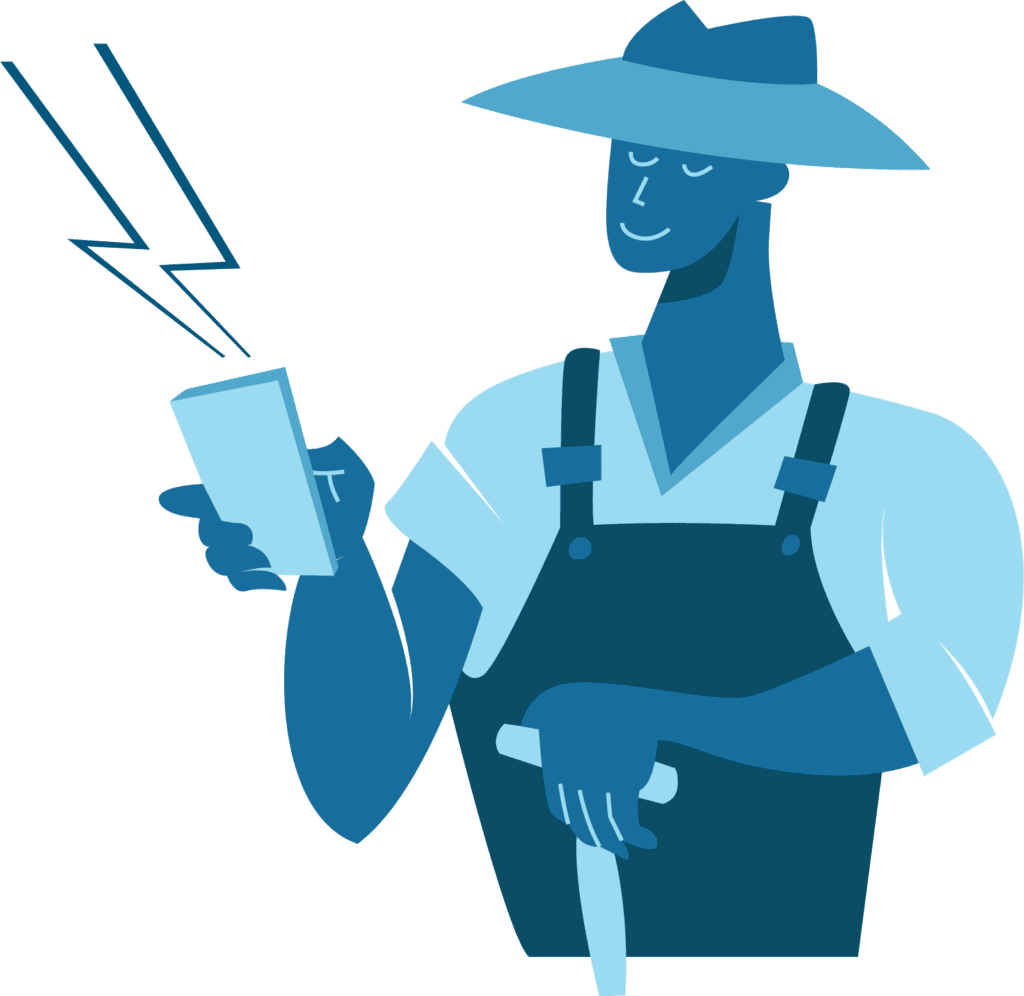Mission and Vision
OUR VISION
Wouldn’t it be wonderful, if everyone around the world got to enjoy truly good food? Good to us means that the value of that food is distributed along the supply chain evenly – that everyone gets their fair share, including farmers, fishermen, pickers and factory workers. Good also means that the food is produced responsibly, with respect for the planet, people and animals. Ultimately, we strive toward food chains that bring prosperity to all.
OUR MISSION
We offer innovative solutions that enable agri-food businesses to improve their responsible business practices. Open and attainable solutions that are designed to democratise the world of food. We actively engage all supply chain actors – from farmer to retailer and consumer – aiming to contribute to the socio-economic prosperity of farmers and food workers. Fairfood believes in establishing partnerships to jointly accelerate the change towards a sustainable food system.
Theory of Change
Our Theory of Change (ToC) consists of the steps we take to realise our vision of more responsible business practices in agri-food supply chains, enhancing economic prosperity for farmers and workers. Or, to put it shortly: fair food.
This is our ever evolving ToC as we left it in 2021:
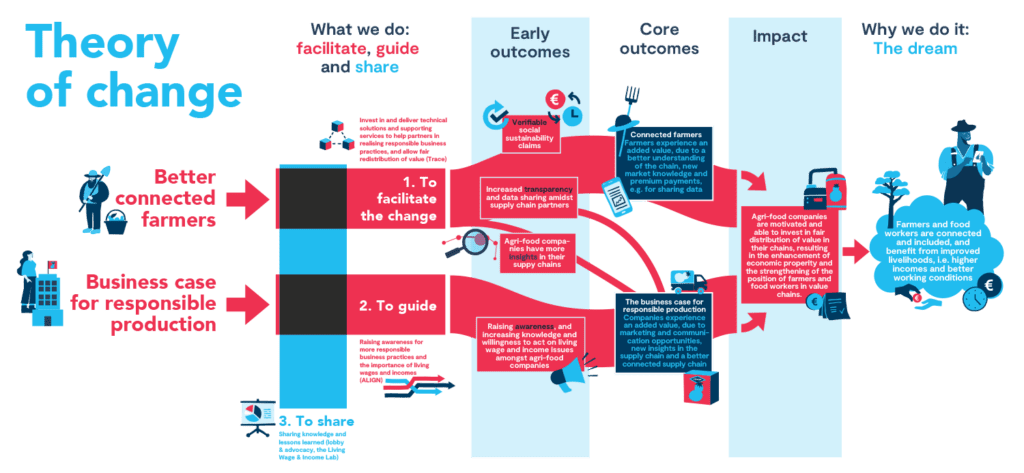
Let’s put that in writing.
Fairfood strives toward more sustainable business practices in the food sector. A higher pay for farmers, food workers and their family, in particular, are high on our priority list. Our ToC tells the story of how we will go about realising that. Central to that story is the assumption that both companies and farmers stand to benefit from improved awareness and knowledge sharing. That is why we develop solutions that improve transparency and create a connection between all stakeholders in food supply chains – the foundation for said knowledge sharing.
Our ToC follows two pathways; one that will make agri-food companies value transparent business practices, and one that makes sure that farmers directly benefit from improved transparency and traceability. Here is our story:
PATHWAY OF CHANGE: THE BUSINESS CASE FOR RESPONSIBLE PRODUCTION
Through the first pathway, Fairfood supports companies by sharing knowledge, raising awareness, and allowing for new insights on issues and risks in their supply chains. In order to do this, we help them trace their products back to farmers and food workers. We believe that the digital era allows companies to share their sustainability journey – that is, be transparent about their business practices. We also believe this could cause consumers to value the product more.
Ultimately, companies should experience added value when using tools like our traceability solution Trace, and remain committed, motivated and able to invest in a transition towards fair distribution of value across their supply chains. What makes Fairfood special is that we support these companies throughout the process, sharing innovative solutions, experts and services.
We are nudging partners to break with old habits in three ways:
- Raising awareness: Through our storytelling, lobbying and advocacy, we put important topics on the agenda of businesses and governments. ALIGN, our guidance tool for living wages and incomes, takes this a step further, by handing companies a step-by-step guide to work towards living wages and incomes for the people in their supply chains
- Taking accountability: Trace, our transparency and traceability tool, allows companies to map their supply chains, trace transactions, interact with other stakeholders in their supply chains, and make substantiated socio-economic claims about their products. We encourage companies to share supply chain insights with transparency, inspiring more actors to get involved and work towards improving the livelihoods of farmers and workers, ultimately closing the living wage or income gap
- Be the change: Food sector stakeholders – food brands, retailers, knowledge institutes, governments and more, are invited to co-design solutions in our Living Wage & Income Lab, where they can brainstorm and experiment with innovative solutions to old known problems
PATHWAY OF CHANGE: CONNECTED FARMERS
The second pathway sees Fairfood empowering farmers and workers by connecting them directly to other stakeholders in the supply chain. We make sure that their needs take centre stage in solution design, and create channels that allow for direct sharing of valuable market information. For farmers, the usage of our Trace tool is geared towards (or will be) their capacity to understand and use data, voice their needs, grow their negotiation power and interact with other supply chain actors.
Bottom line: Fairfood uses technology as a catalyst for good while working towards the same vision we’ve had since day 1: a world in which we all get to enjoy truly good food.
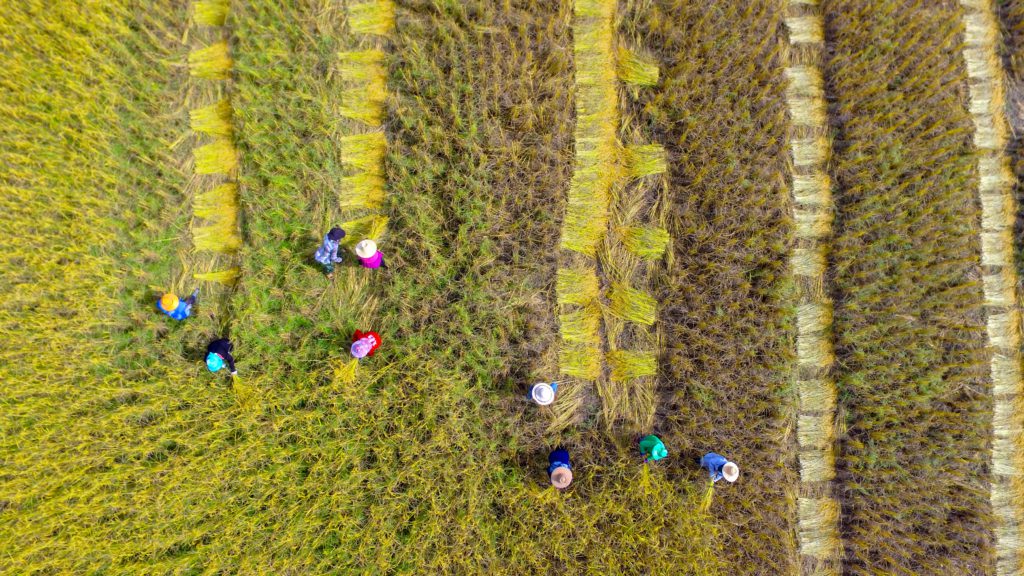
Fairfood looks at the Sustainable Development Goals to measure our contributions to achieving sustainability in an inclusive way, addressing inequality, and social and environmental injustices. Our indicators are aligned with SDG’s 1 (no poverty), 2 (zero hunger), 3 (good health and well-being), 8 (decent work and economic growth), 10 (reduced inequalities) and 12 (responsible consumption and production).
This is us:
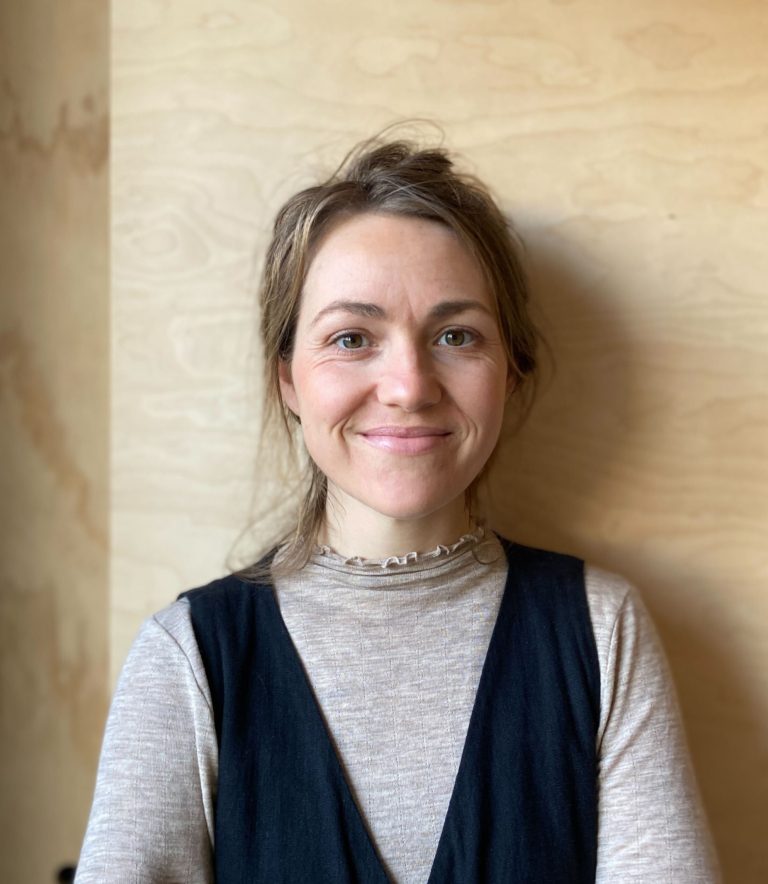

We are particularly proud of our transparency tool Trace, and with it of the product owner Derek.
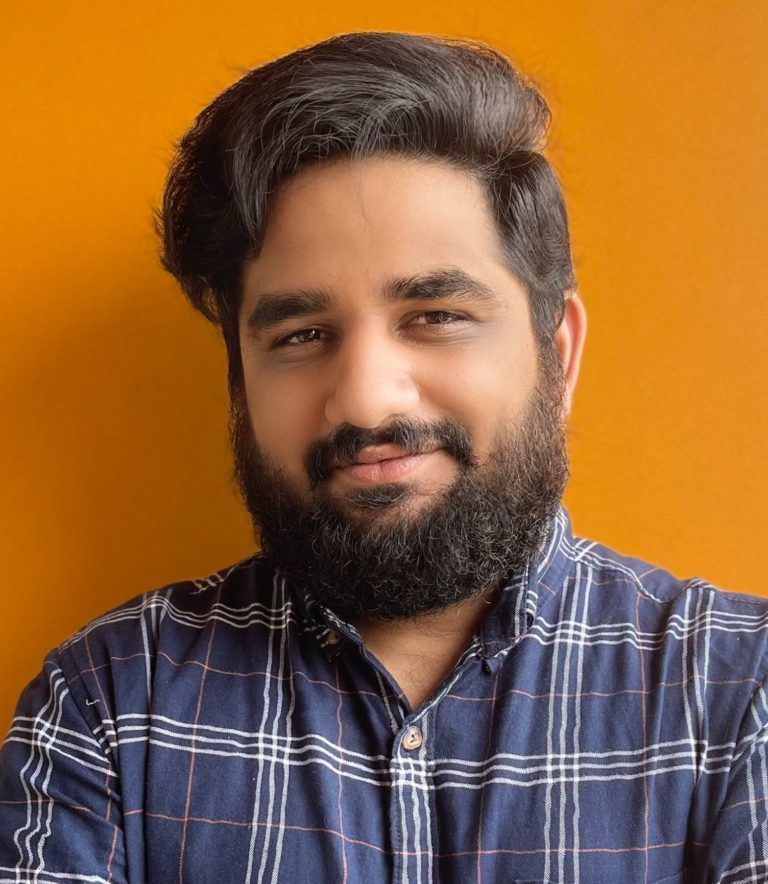
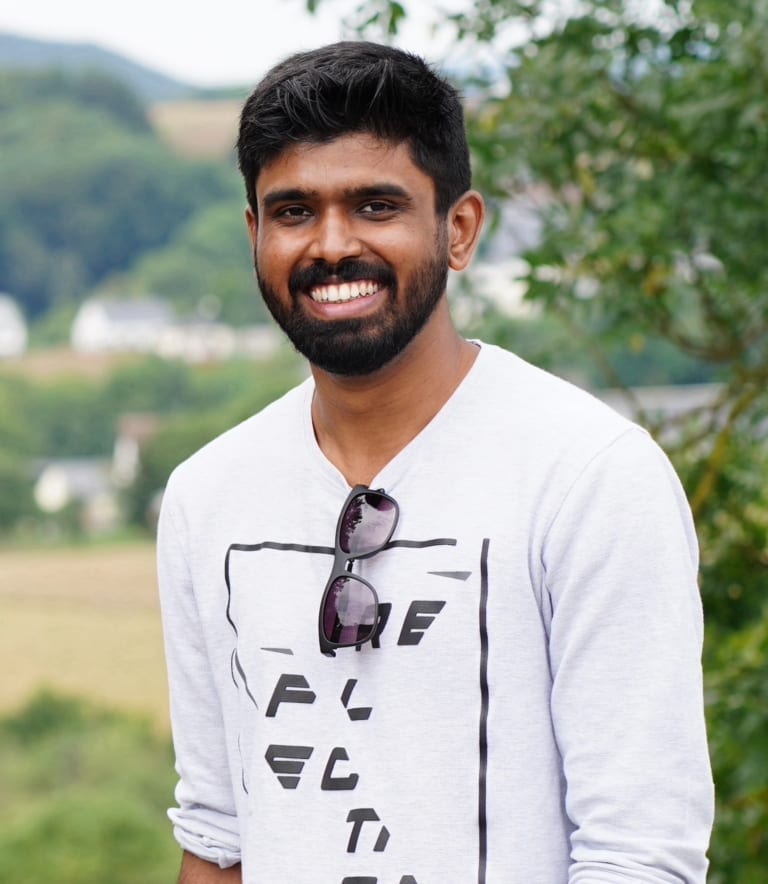
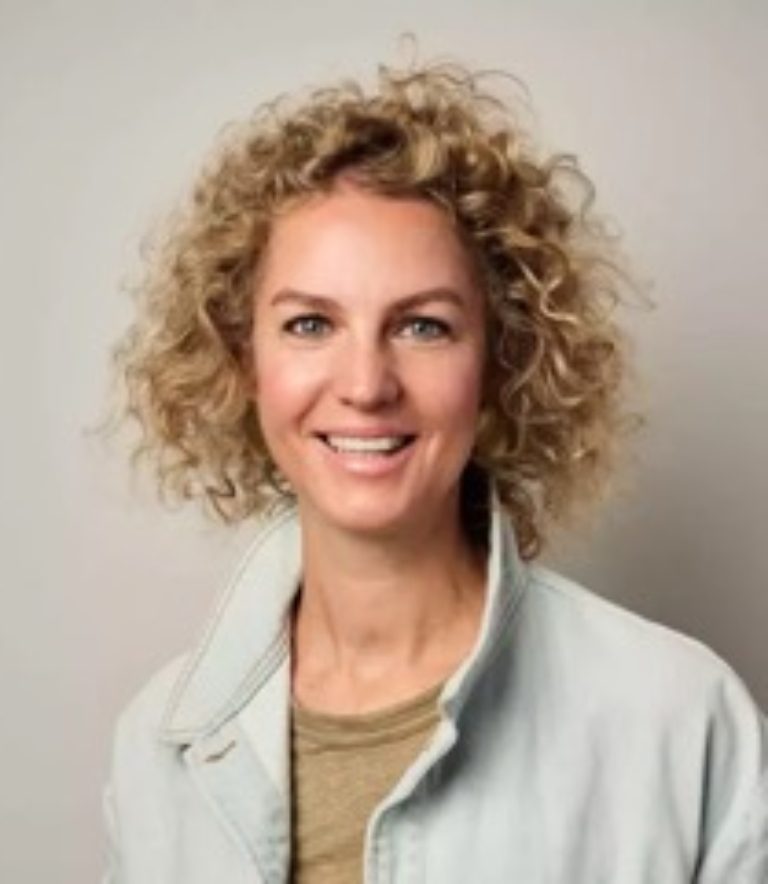
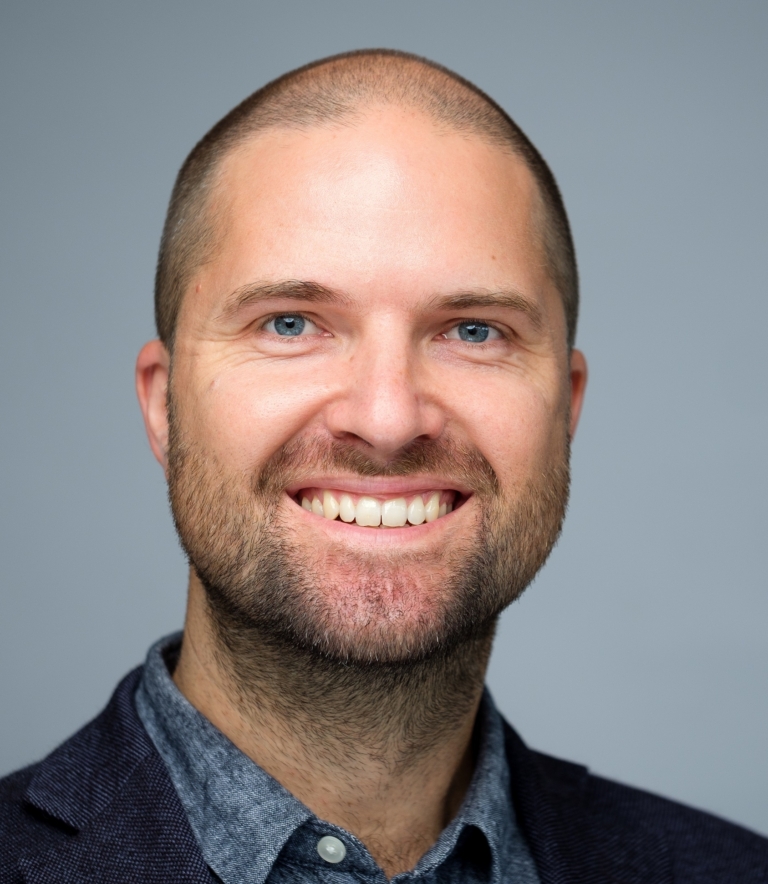
John knows the value chains behind our food inside out and uses innovation to build connections where he finds them missing.


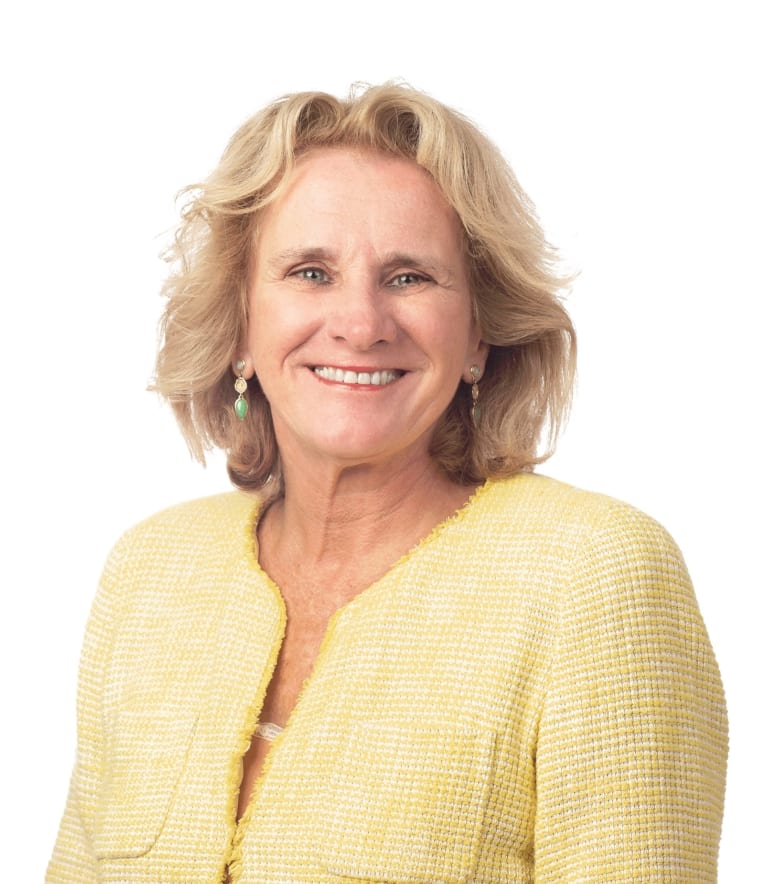
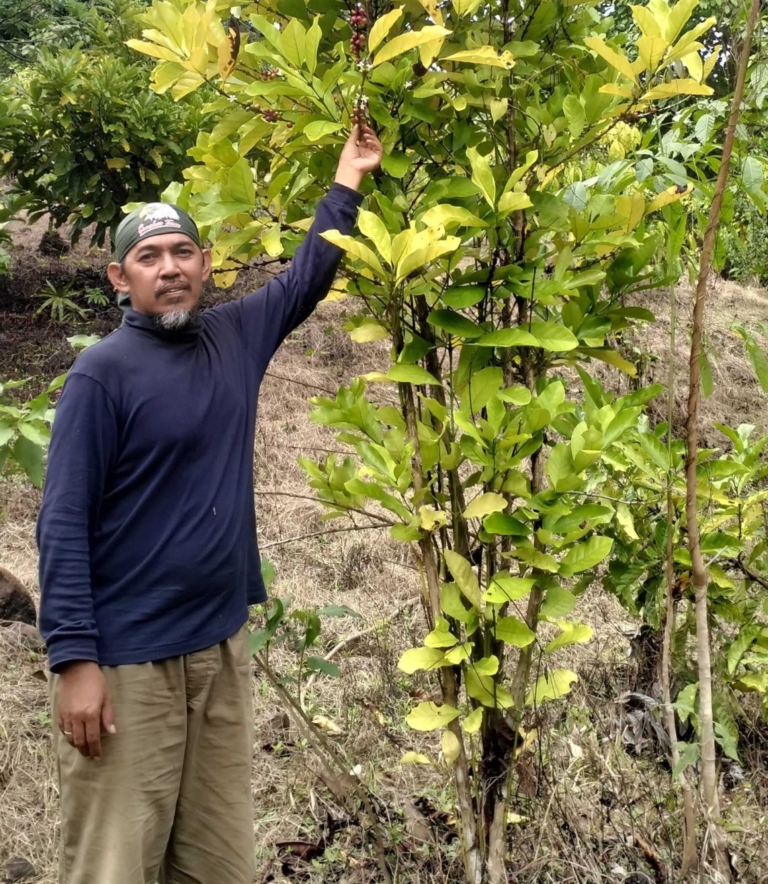
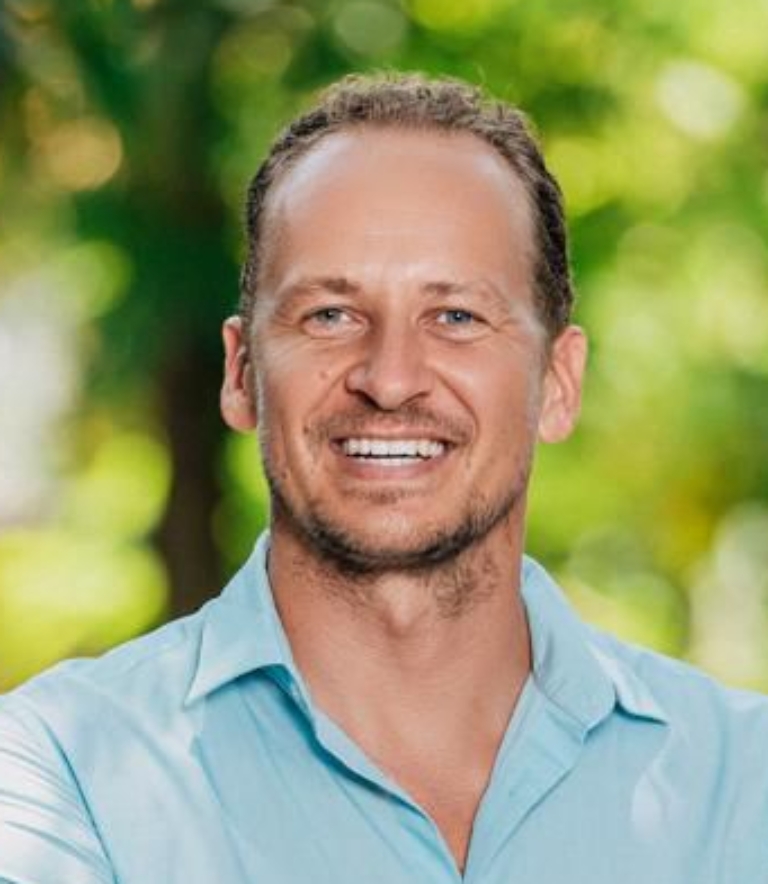
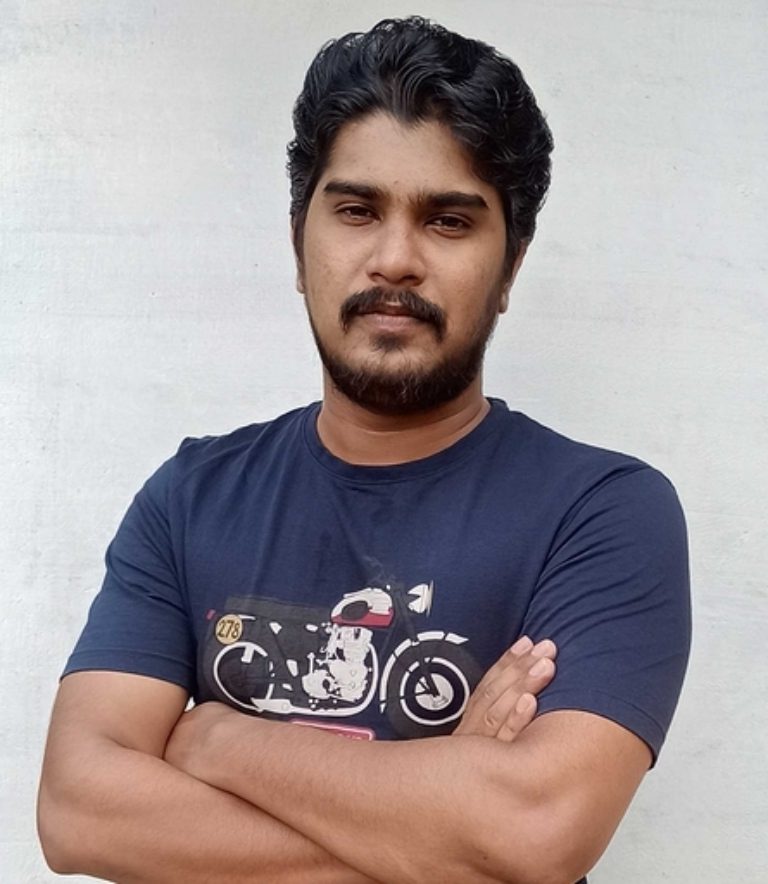
Although not formally our colleagues, we do feel a shout-out to the bright minds over at CIED is in place. They are, after all, the ones who make our wildest tech dreams come true: Aswini Harinath, Akash Mathew, Anto Varghese, Sankaran Namboodiri, Sreenath T M, Gogul Chalil Vengara, Adarsh V, Tanneru Sai Ganesh, Jayesh J, Gopika M. Also a big thank you to the very bright interns Katinka Duewel and Fernanda Neisskenwirth, who helped us lift the marketing and communication efforts to another level in 2021.
The Fairfood boards
Our Supervisory Board monitors management and financial matters, oversees the implementation of the annual plans and critically scrutinises the organisation’s work methods. Board members offer guidance where and when necessary, and share their expertise on legal questions, accounting, marketing, digitalisation, management and other strategic issues. The Board also regularly evaluates its own activities to adjust where necessary. The Board meets four times a year, and on a yearly basis discuss specific themes such as integrity or impact management more in-depth. The members do not receive any remuneration for serving on the Board.
Board members receive all relevant information on the organisation’s financial status, the progress in reaching our goals and any other developments by means of a quarterly report provided by the management. They appoint the organisation’s director, review and evaluate the director’s accomplishments, and conduct an appraisal interview with the director at least once a year.
Each Board member is appointed for a period of three years, which may be extended to a maximum of nine years. The Board appoints a Chair, Vice Chair and a Secretary from among its members. Our Supervisory Board currently consists of the following experts: Jolande Sap, Maxine Tillij, Hedwig Bruggeman, Pieter Goudswaard and Wiard Gorter.
INSTALLING THE PRODUCT ADVISORY BOARD
As Fairfood evolves, so does our Advisory Board – a team of top-notch experts who helps us be the best version of ourselves we could possibly be, by offering solicited and unsolicited advice. A brand-new advisory board helps us navigate today’s digital reality, in which tech and data are our force for good. We like to call this new Board our Product Advisory Board. Chaired by Jacob Boersma, digital identity and blockchain expert, the Board is full of experts with extensive track records in traceability, digital payments, open source technologies and blockchains – all the tools we need to push Fairfood’s solutions forward.
Sincerely thanking everyone from the previous Advisory Board for years of amazing advice: Guus Loomans, Pierre-Louis van Hedel, Gerrit Bruggeman, Niels Penninx and Martijn Smelt.
Inclusion and integrity
Fairfood’s work is made possible with the experience and knowledge of people hailing from various professional and personal backgrounds. We combine extreme business savvy with critical idealism. For us to do a proper job at improving the food system, we need awareness of different perspectives. We simply cannot succeed if we don’t keep ‘inclusivity’ right at the core of our work. For us, diversity and inclusion in our team, our day-to-day work and our solutions isn’t a choice; it’s essential.
Fairfood actively works towards safeguarding and improving the integrity and equality within our company. We aim for the most positive of team spirits, a safe work environment in which people feel heard, and great working conditions that allow everyone to do their job with confidence. That’s why we wrote a Code of Conduct on Integrity, and appointed an integrity officer and internal and external confidants. Together, we try to ensure that Fairfood’s integrity is guaranteed, especially as we continue to grow in the years to come.
Fairfood is a member of Partos, the trade association for development cooperation. That means that we comply with Partos’ Code of Conduct. We’ve expanded this code with our own values: inclusive, peaceful, sincere, compassionate, sustainable and transparent. Values that guide us in our work and determine our work environment.
We continue to ask ourselves questions like: are we doing justice to the people and organisations we work with? But also, when it comes to our own organisation: when is something unjust? And what do we do when we encounter such injustices, say abuse of power, financial violations, or discrimination? Of course, it all starts with prevention, but in case of inappropriate behaviour, we report, carefully examine, sanction if needed, and take measures to care for the affected.
Our Code of Conduct on Integrity applies to anyone who works for Fairfood, as an employee, trainee, volunteer, hired consultant or agency worker, or member of the Supervisory Board or Advisory Board.
